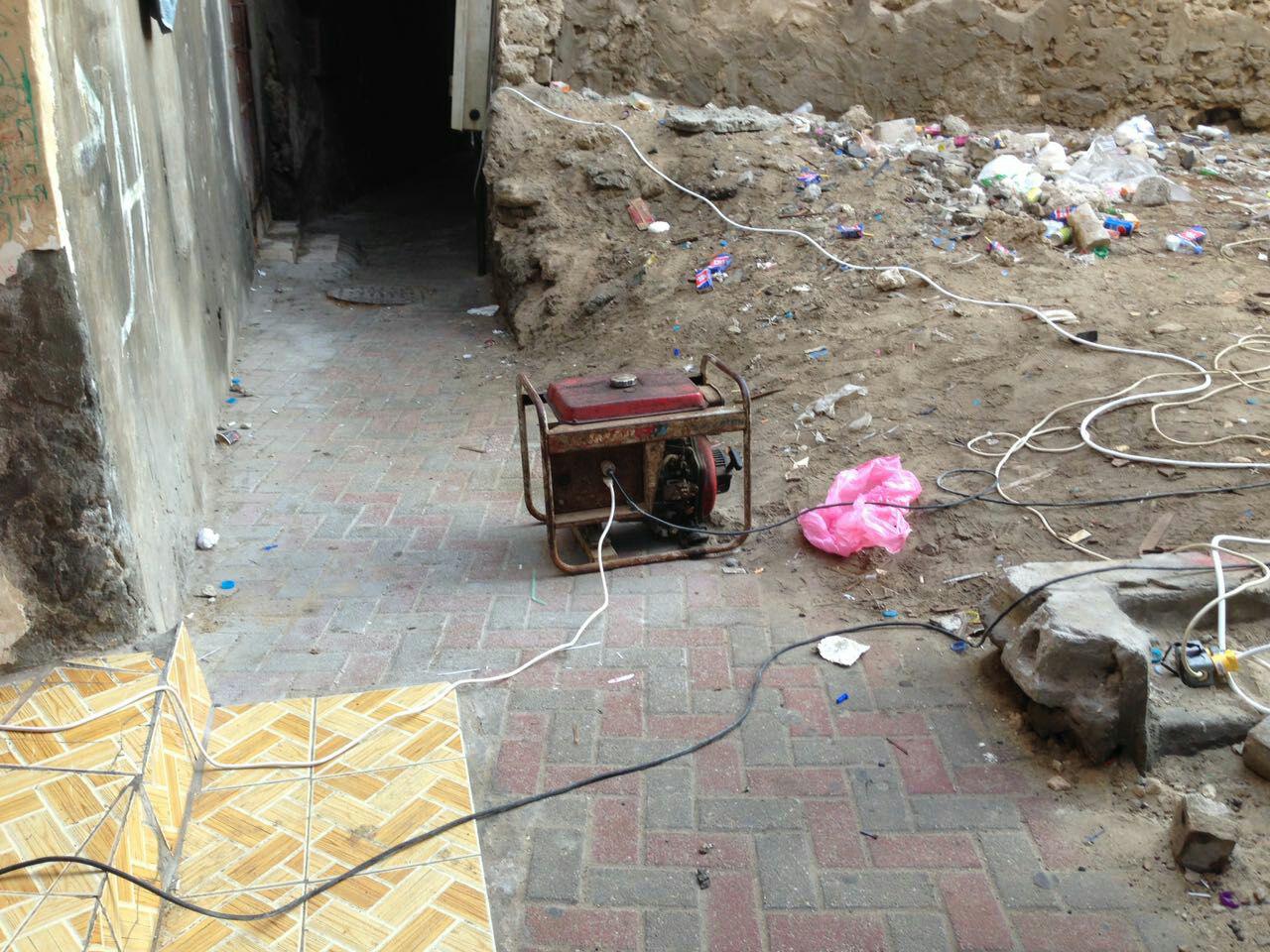
On January 20, 2017 the European Saudi Organization for Human Rights issued a report titled (Saudi Arabia is about to demolish the historic district of Mosawara with hundreds of traditional houses in violation of laws prohibiting the destruction of human heritage) after the Saudi government had decided to demolish the historic neighborhood of Mosawara. This comes in contradiction with both domestic and international laws that provide for the preservation of cultural heritage. It is also against the well of the indigenous people to protect this historic legacy of theirs that dates back to about four hundred years.
The government has not fulfilled its promise to the people by giving each home owner a land compensation and loan, in a statement announced according to an official newspaper report dated July 2, 2014. The same newspaper report indicated that the “strategic project for the people of Awwamiyya will undergo work forms required for each property to identify the people requests” and added that “the government will provide satisfying compensations to the property owners.”
On the other hand, the observation conducted by the organization shows, that the government’s procedures in the valuation of a lot of homes do not meet the amounts required for the acquisition of alternative homes. The government is forcing people to evacuate their homes as well as to finish the process of transferring house titles so the homeowners receive their compensations. Looking at the given circumstances, these measures will make the time that citizens will wait for access to a new residence unknown which will leave them vulnerable to homelessness as well as to financial and social difficulties due to being unable to find new homes before leaving their old homes.
In addition, this process of valuing homes and calculating financial compensations can not be described in any way as fair. In its previous report, the organization has indicated that the valuation process contains some flaws, and is a random process lacking clear standards. Many of the compensations ranged between six hundred thousand and one million Saudi Riyal while real estate developers have confirmed to the organization, that the cost of building a new house in the city of Awwamiyya is nearly two million Saudi Riyal, thereby violating the “basic principles and guidelines on evictions and development-based displacement” Which states in paragraph 16: “All persons, groups and communities have the right to resettlement, and this includes the right to alternative land of superiority or comparable in terms of quality of those taken from them, and in a housing unit meeting standards of decency.”
In January 25, 2017, the Saudi government cut off electricity to Mosawara district, in order to force people to leave their homes before they get a decent alternative housing. Cutting electricity to the Mosawara caused many forms of misery and suffering to residents whereby ignoring the residents’ the basic need for heating during winter as well as the need of special care to the elderly and patients. Power cut has also forced some families into temporary stay at the homes of their relatives, and need of social assistance whereas the government was able to provide housing before any compulsory action to prevent these adverse circumstances.
Despite this misery, some of the residents objected to the forced displacement policy and refused leaving their homes without providing reasonable alternatives. Residents had to use electric generators. Some people held sit-ins near Mosawara to express their dissatisfaction with the government actions and procedures that violated their dignity and many of their rights.
On the other hand, anonymous Twitter accounts, thought to be administrated by Interior Ministry, and other accounts across social networks, targeted the protesters and labeled them as terrorists. In addition to that, these Twitter accounts have linked some female residents to some wanted persons. These women appeared in videos in social media expressing their objection to the government actions. This response was viewed as a threat to those residents and anyone objecting to or criticizing government actions in spite of the likelihood that those protesters as well as those negatively impacted would not obtain any fair legal remedies in case they asked to come before the court due to judiciary lack of independence. Meanwhile “the basic principles and guidelines on evictions and development-based displacement” in paragraph 17 states that: “States must ensure that legal remedies, or other remedies, effective and appropriate for any person allegdly violating his right to protection from forced eviction or threatened with exposure to that violation.”
The European Saudi organization for Human Rights sees that the measures taken by the Saudi government are contrary to the domestic and international laws, and include degrading and inhumane actions that do not provide for the right to human dignity. The Saudi government has to comply with the laws relating to adequate housing rights and rights of indigenous peoples relating to their heritage and history. None-compliance by the Saudi government in this regard is a clear violation of these laws.
